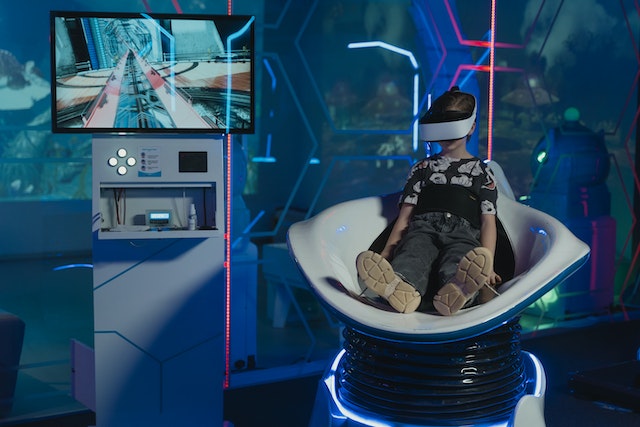The question of whether we live in a simulation is an age-old philosophical conundrum that has been debated throughout history. However, with the advancements in technology, the topic has become even more relevant in recent times. In this blog post, we will explore the possibility of living in a simulated world and the science behind this hypothesis. While we may not have a definitive answer yet, the exploration of this topic will undoubtedly leave you pondering the nature of our reality.
History of the Simulation Hypothesis:
The concept of living in a simulation is not a new one. Ancient Greek philosophers, including Plato, contemplated the idea that what we perceive as reality may just be shadows on a wall. Similarly, Chinese philosopher Zhuangzi wrote about a dream where he imagined himself as a butterfly, questioning the nature of reality. Mesopotamic cultures also had stories where the world was seen as a painting created by a god, with each person being a character in the painting. The idea of living in a simulated world has been discussed across cultures and throughout history.
Modern-Day Relevance:
With the advancements in technology, the idea of living in a simulation has become more relevant. Video games, virtual reality, and the metaverse are just a few examples of the physical simulations that exist today. As computers continue to get more advanced, it is plausible that simulations could become indistinguishable from reality. Although at the moment, simulations are still relatively primitive, it is not unreasonable to assume that we will one day reach a point where it is difficult to distinguish between reality and simulation.
The Science Behind the Simulation Hypothesis:
While the simulation hypothesis is primarily a philosophical idea, there is scientific evidence that supports it. For instance, our understanding of video games and virtual reality suggests that all simulations have a processing limit. Therefore, it is plausible that a simulation of our reality could have a limit to its complexity. Additionally, the simulation hypothesis aligns with the concept of the holographic principle in string theory. However, it is essential to note that the holographic principle does not suggest that our reality is a simulation, but rather that the world we live in is created by very tiny strings that form reality around us.
Can We Prove the Simulation Hypothesis?
Despite the scientific evidence that supports the simulation hypothesis, it is currently not possible to prove it. As the hypothesis stands, we have no way of testing whether our reality is a simulation or not. While some scientists are trying to devise experiments that could test this hypothesis, it remains purely speculative at the moment.
Conclusion:
The question of whether we live in a simulation is a fascinating topic that has captured the imagination of many people. While there is scientific evidence that supports the simulation hypothesis, it remains unproven. It is up to each individual to decide whether they believe that our reality is a simulation or not. Regardless of our beliefs, the exploration of this topic encourages us to contemplate the nature of our reality and our existence in the universe.
